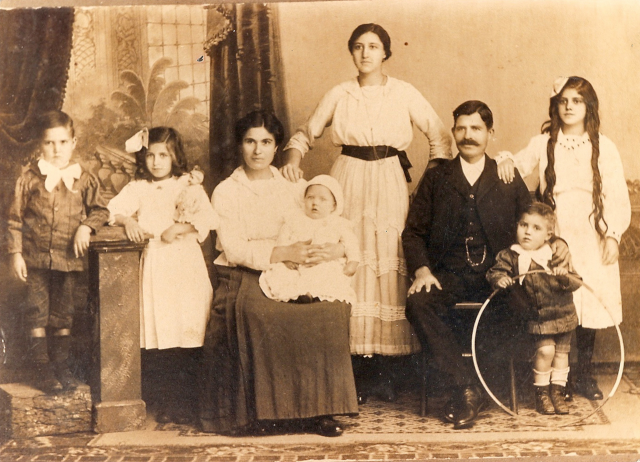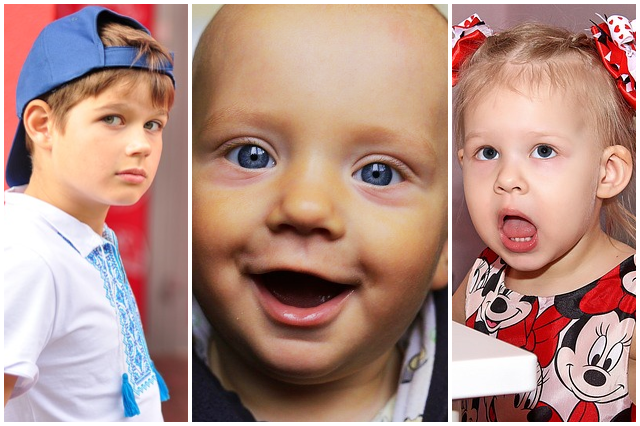
Let’s apply this notion to the concept of being a couple. Your script for life, which influences your values, beliefs, and attitudes (and consequently, what you think, feel, say, and do), also contains rules, or guidelines, about being a couple in a relationship.
Because your script (and therefore your rules for being a couple) was first given to you by your family, you will most likely grow up and live out their relationship rules accordingly.
The relationship rules in your script tell you how to communicate with your partner, how to express love to each other, and how to interact with each other sexually.
So, if your parents showed you that it was OK to put each other down, then you will have that in your scripting as well – either as the person who puts others down or as...
Read More
















